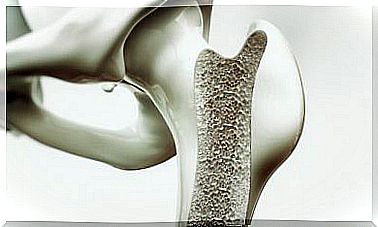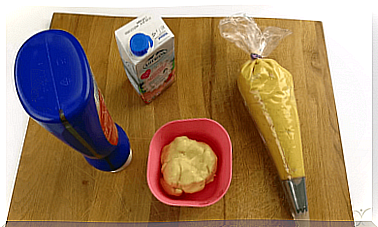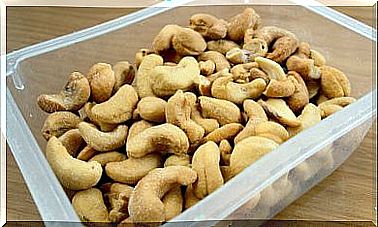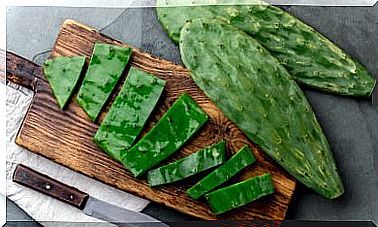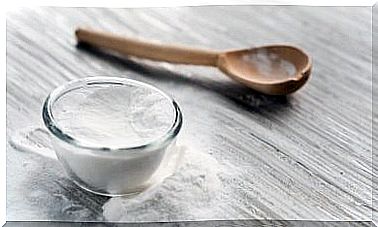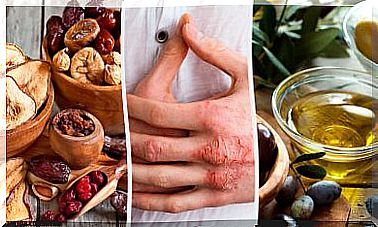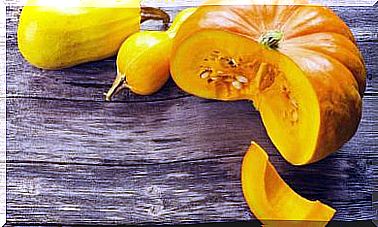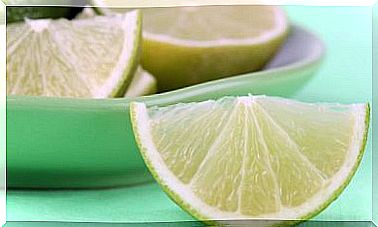The Best And Worst Foods For Digestion
If you suffer from gastric reflux, you should avoid consuming caffeine and spicy foods. However, these foods can be favorable for those who suffer from constipation.
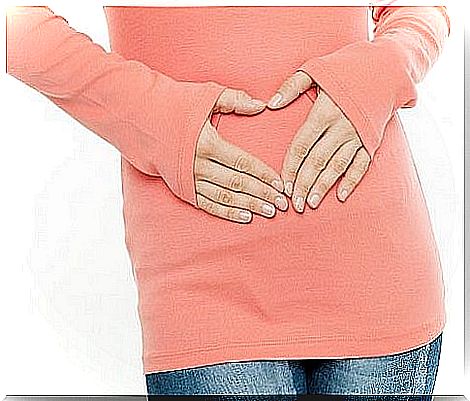
Food plays a very important role in the digestive process. While some foods slow down the bowel movement and cause inflammation, others are critical to taking care of your health and removing waste. Do you know the best and worst foods for digestion?
Although many downplay diet, ensuring a good mix of ingredients is essential to protect digestive and intestinal health. Although nutritional needs vary according to age, weight and health, in general it is advisable to increase the intake of certain healthy foods.
Foods that promote healthy digestion
Some of the best foods for digestion are those that contain high doses of dietary fiber, antioxidants, and water. These substances favor the decomposition of food and, in turn, are key to an adequate absorption of nutrients, as we can see in the article by Ángeles Carbajal Azcona, professor of the Nutrition department of the Complutense University of Madrid. Let’s see the most recommended:
Fruits and vegetables
All varieties of fruits and vegetables are healthy for your gut. However, the ones that can help you the most as a complement to a medical diagnosis if you suffer from slow digestion, constipation or inflammation are those that contain fiber and enzymes. However, you should always go to your specialist doctor so that he can give you the guidelines to follow in the event of any intestinal problem. Some options are:
- Green leafy vegetables
- Carrot
- Beet
- Pineapple
- Kiwi
Whole grains
Whole grains that have not been subjected to refining processes contain enough fiber, as we can see in the article by the aforementioned Dr. Ángeles Carbajal. Therefore, they are an option to aid digestion and try to reduce episodes of constipation, as long as our doctor recommends them.
Water
The consumption of water is vital for our body to function properly, influencing and helping us to have a better digestion. Not only can we drink water, there is also the option of obtaining it through some foods, such as fruits and vegetables, further promoting a healthy diet.
Ginger
Some research, such as this published in The Journal of the American Board of Family Medicine , points out that ginger is one of the best foods to control nausea and vomiting during pregnancy and in postoperative processes. However, despite popular belief, it has not been shown to contain analgesic or anti-inflammatory properties, as claimed by Dr. Laura Shane-McWhorter.
Probiotics

Cardona-Arengas MA and López-Marín BE (experts in chemistry and nutrition) affirm that natural yogurt, kefir, sauerkraut and other probiotic foods are excellent allies of gastrointestinal health, there are still many updates to be determined.
Due to their contribution of “good” bacteria, they would help regulate digestive pH and protect against microorganisms that cause infections.
Foods that do not contribute to good digestion
Some people are more sensitive to certain foods than others. However, in general, there are some foods that are more likely to cause stomach problems due to their components. These include:
Hot spices
Foods seasoned with hot spices can be irritating to digestive health. In fact, after consumption, symptoms such as acid reflux and heartburn may occur due to its high acid content. If you have an intestinal problem, consult your doctor so that he can give you a sure diagnosis.
Caffeine
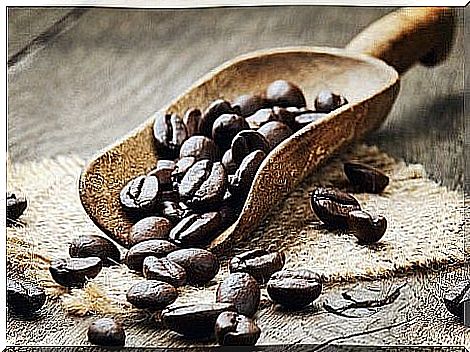
Like spicy foods, those that contain caffeine can also trigger gastric reflux.
Coffee helps activate peristalsis – the time frame for the movement of food through the gut – although it contains caffeine, which means it can cause reflux.
Refreshments
The chemical components of soft drinks, added to their high sugar content, are enemies of good digestive health. Its usual intake can be the trigger for constipation, stomach pain and gastroesophageal reflux.
Foods high in saturated fat
Foods high in saturated fat, such as red meat, sausages and butter, affect digestive difficulties. Also, due to their high concentration of calories, they can make being overweight worse.
Alcohol
Alcoholic beverages are enemies of digestive health. Although they do not always cause immediate effects, their excessive consumption increases episodes of gastritis, acid reflux and stomach inflammation.
Lactose
Milk and dairy can induce bloating as well as abdominal discomfort, especially in people who are lactose intolerant.
Are you worried about your digestive health? So be sure to see your doctor. Follow all their advice and trust their experience.
